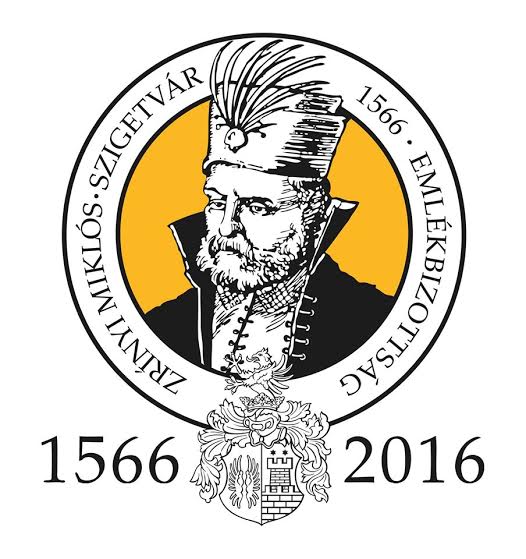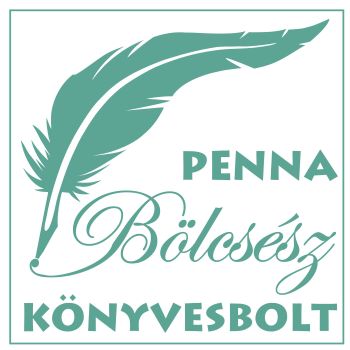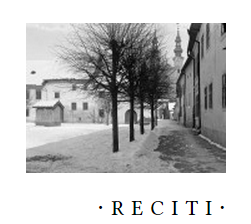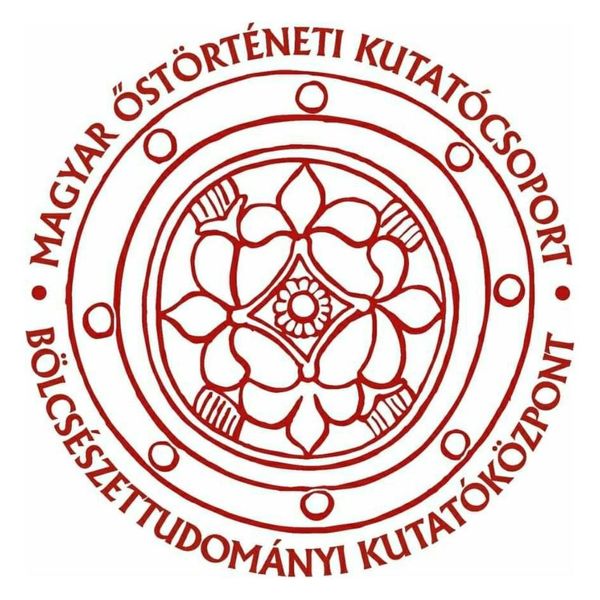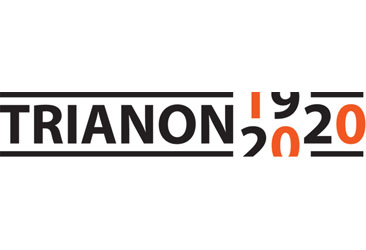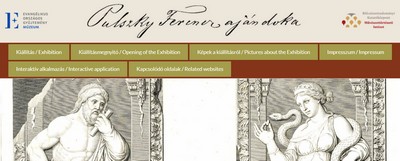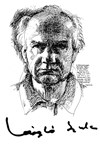News
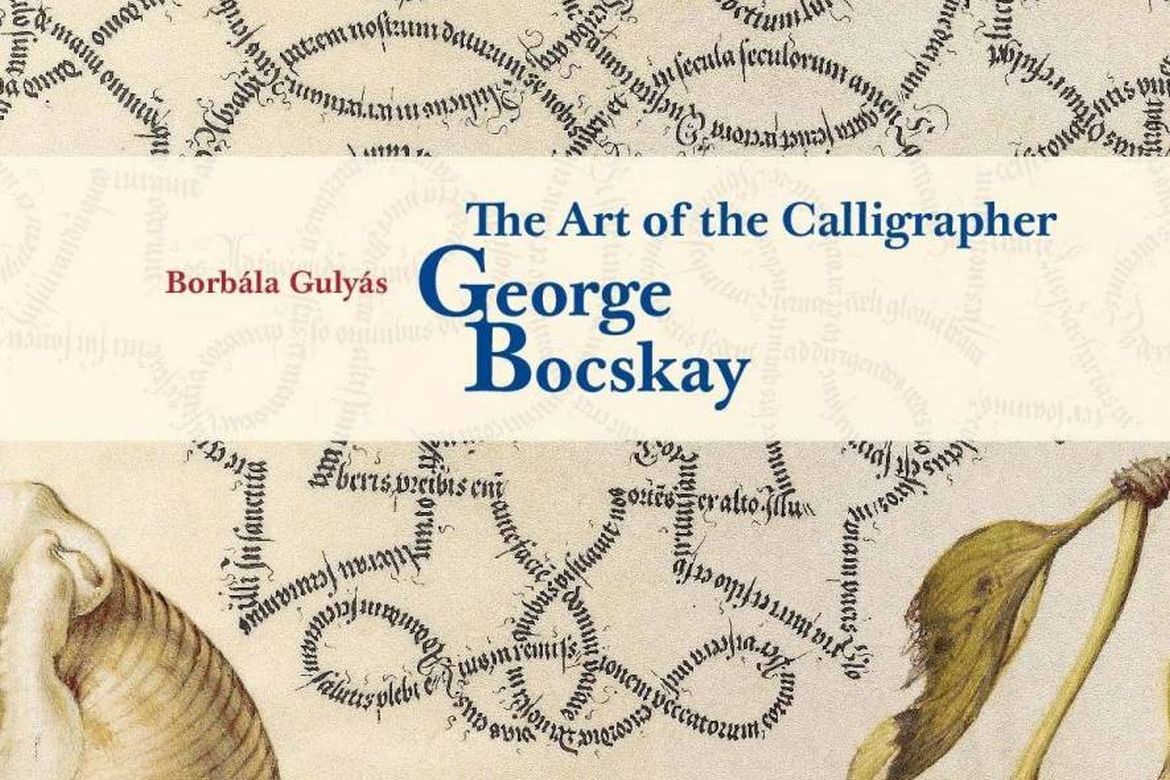
Borbála Gulyás: The Art of the Calligrapher George Bocskay
- Details
- By Research Centre for the Humanities
- Category: News
This comprehensive volume explores the art and life of the Hungarian calligrapher George Bocskay (d. 1575). Borbála Gulyás’ richly illustrated work is the revised English edition of her 2020 volume, which was published based on her PhD thesis.
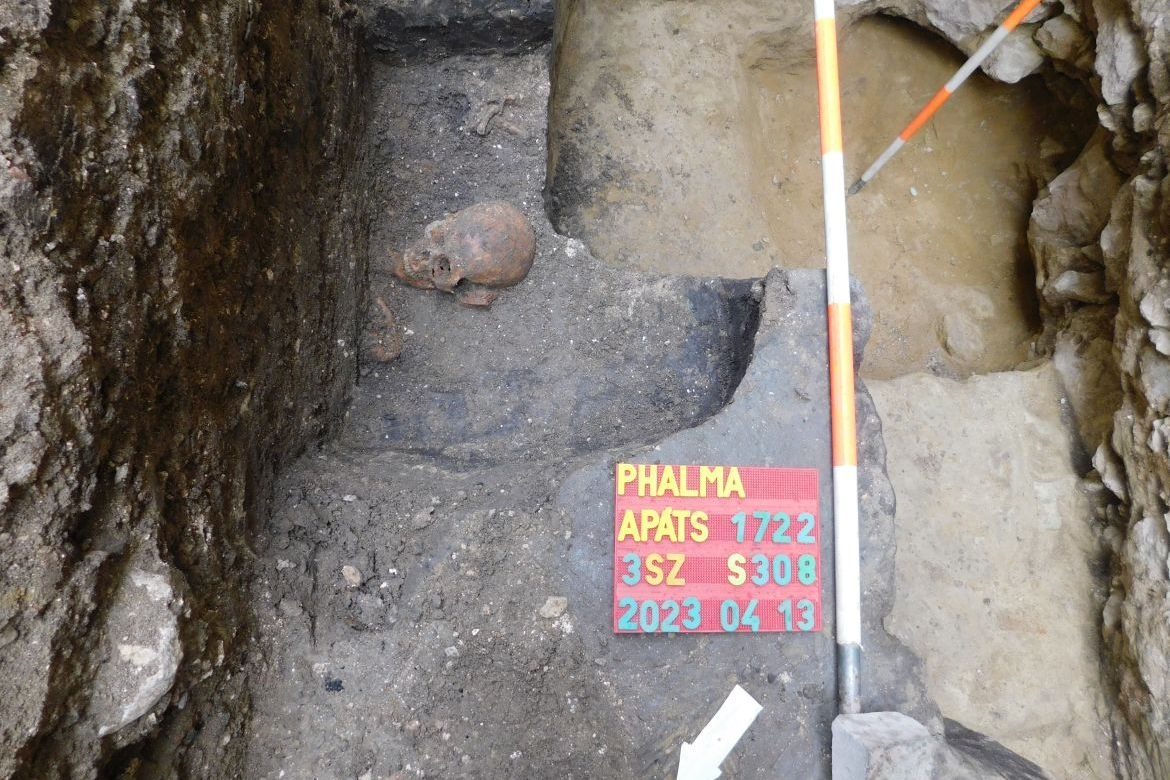
Results of archaeological excavations at Pannonhalma Archabbey
- Details
- By ELKH/RCH
- Category: News
As part of the Kings, Saints, Monasteries research program supported by the Eötvös Loránd Research Network (ELKH), archaeological excavations were carried out with the leadership of the ELKH Research Centre for the Humanities (RCH) between April and May 2023 at the site located in the northern courtyard of the Pannonhalma Archabbey. Based on the scattered bones found at the site, it can be concluded that there was indeed a populous cemetery located here.
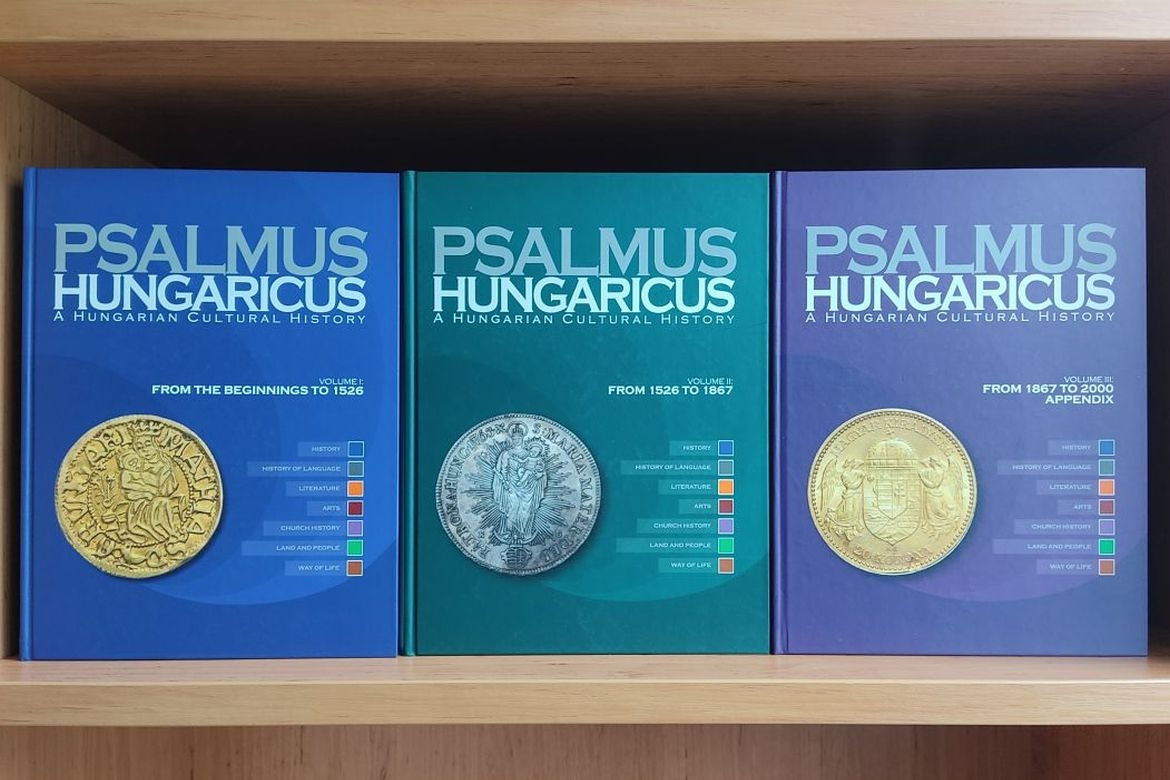
Psalmus Hungaricus: A Hungarian Cultural History
- Details
- By Research Centre for the Humanities
- Category: News
Psalmus Hungaricus is a three-volume synthesis of Hungarian cultural history presented by the Research Centre for the Humantities of the Loránd Eötvös Research Network in Budapest. It is the most comprehensive overview of the Hungarian past ever published in English. Authors and editors include the most prominent experts of their fields.

Lectures by Gábor Demeter, Krisztián Csaplár-Degovics and Janka Kovács in Glasgow
- Details
- By Institute of History
- Category: News
The annual conference of the Association for British Slavic and East European Studies took place in Glasgow from 31 March to 2 April 2023, where our institute was represented by Gábor Demeter, Senior Research Fellow, Krisztián Csaplár-Degovics, Head of Department, and Janka Kovács, Postdoctoral Fellow.

In the Saddle, on Horseback – The Art of War of the Conquest-Era Magyars
- Details
- By ELKH/RCH
- Category: News
With the help of researchers from the Hungarian Prehistory Research Group of the Institute of History of the ELKH Research Centre for the Humanities (RCH) the popular history film In the Saddle, on Horseback – The Art of War of the Conquest-Era Magyars has been produced at the Digitális Legendárium studio.
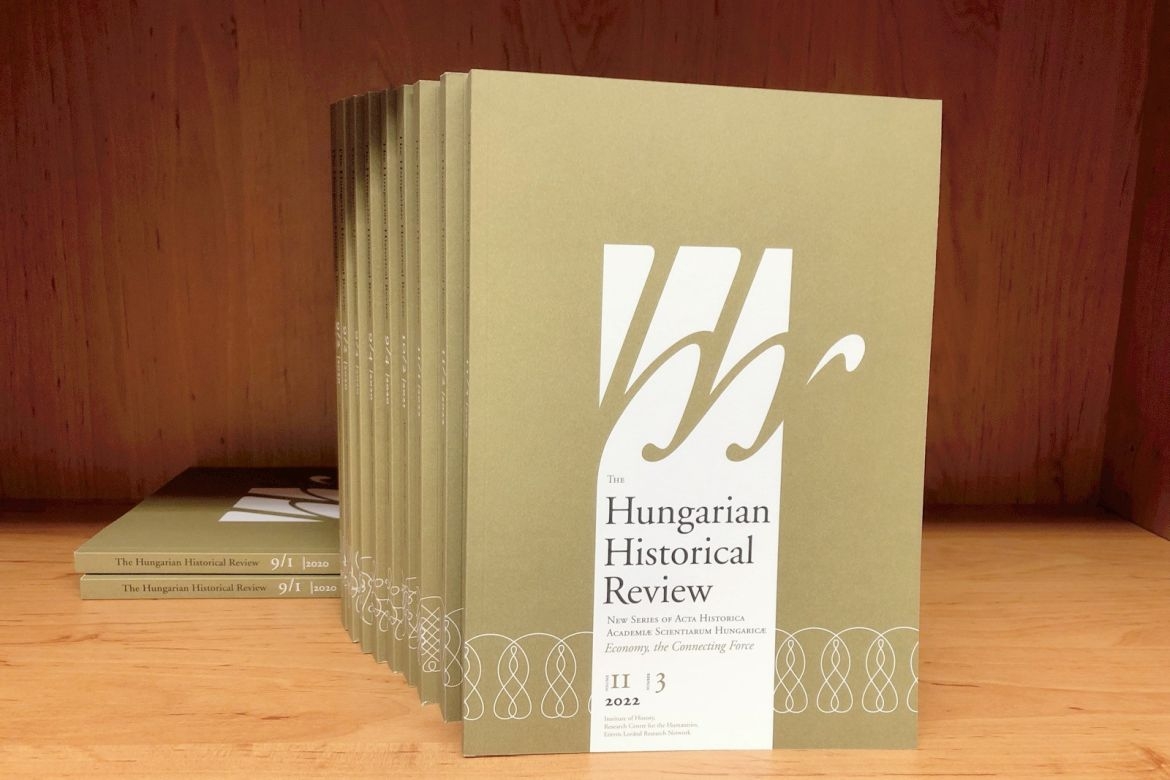
The Hungarian Historical Review 2022/4.
- Details
- By Research Centre for the Humanities
- Category: News
After Wars – The latest issue of The Hungarian Historical Review published by the Institute of History, Research Centre for the Humanities is out.
Table of contents and free downloadable articles at https://hunghist.org/
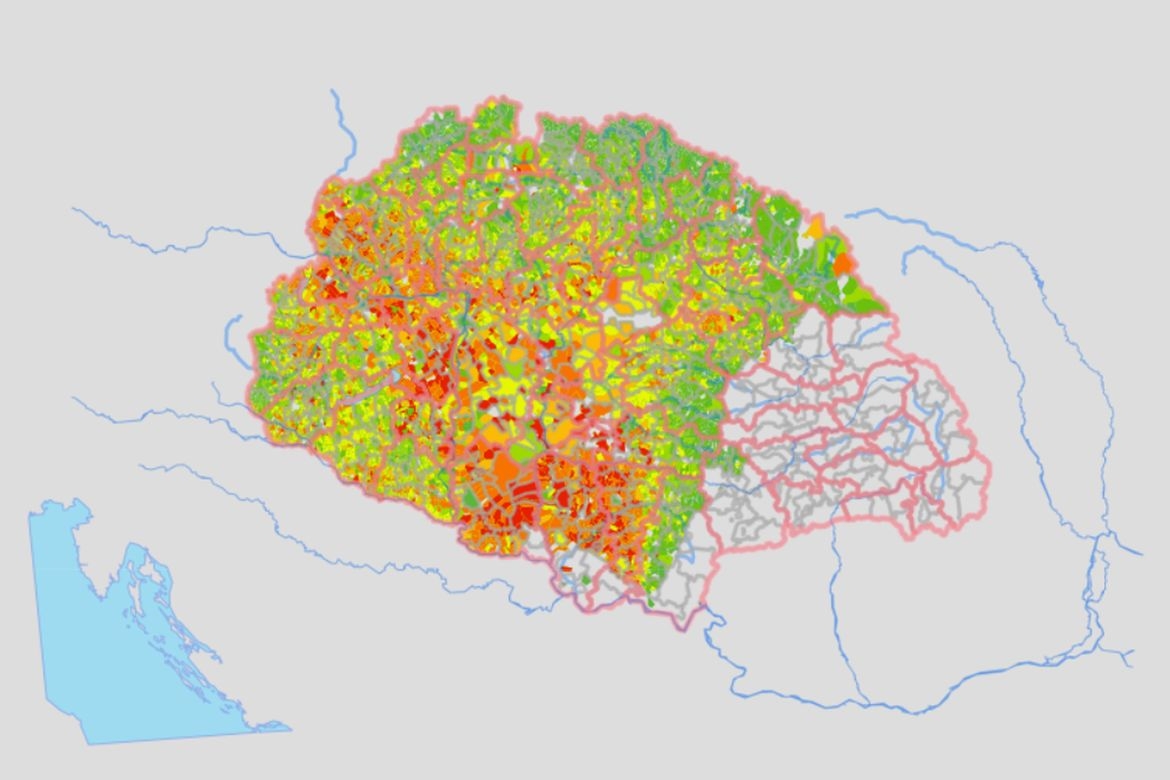
New GISta Hungarorum database and digital atlas
- Details
- By ELKH/RCH
- Category: News
The GISta Hungarorum database and digital atlas supplemented with data from settlement-level surveys and population census from the 1720s, 1750s (Transylvania) and 1780s was completed under the leadership of the Institute of History of the ELKH Research Centre for the Humanities.
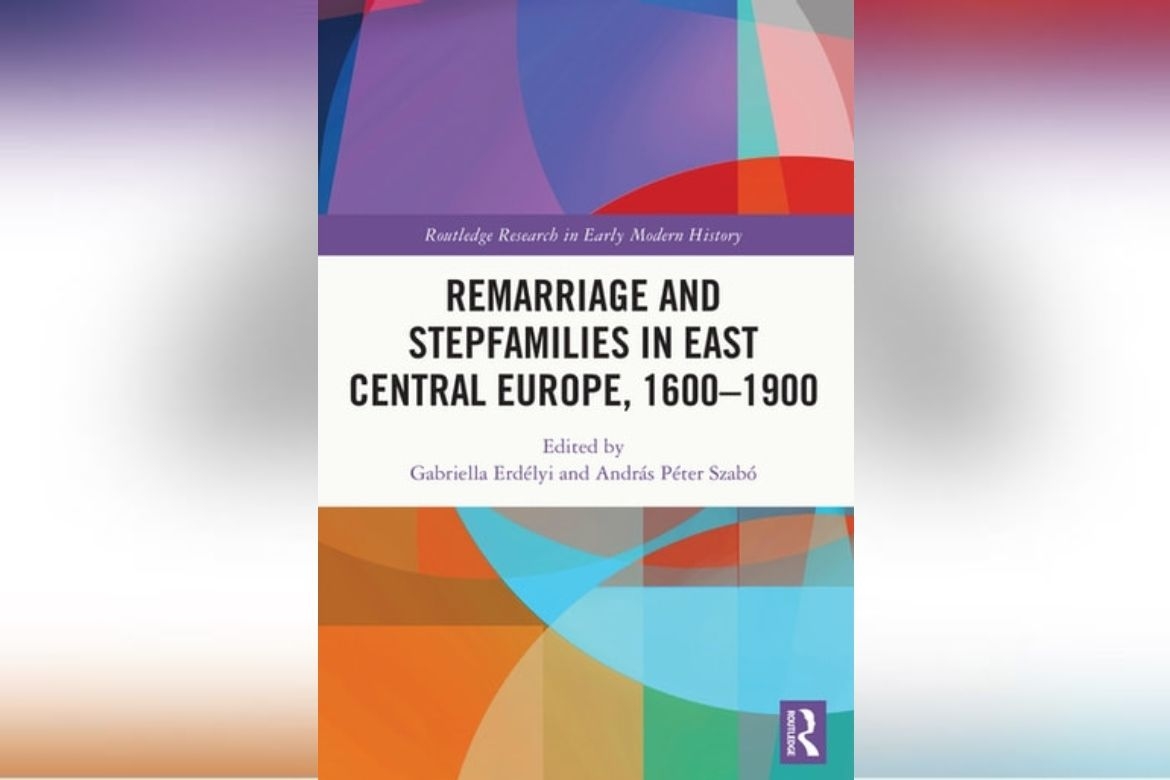
Remarriage and Stepfamilies in East Central Europe, 1600-1900
- Details
- By Institute of History
- Category: News
Due to high adult mortality and the custom of remarriage, stepfamilies were a common phenomenon in pre-industrial Europe. Focusing on East Central Europe, a neglected area of Western historiography, this book draws essential comparisons in terms of remarriage patterns and stepfamily life between East Central Europe and Northwestern Europe.
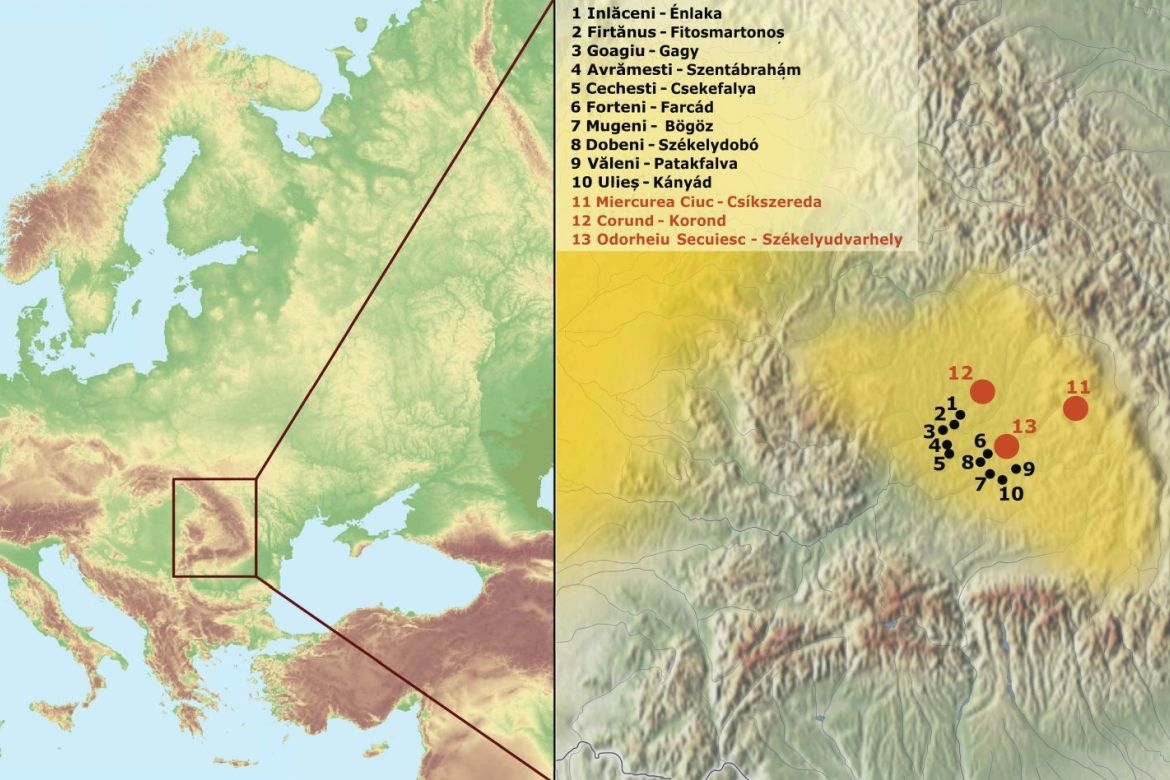
Investigation of ancestral paternal and maternal lineages in the Odorheiu Secuiesc region of Transylvania
- Details
- By Institute of Archaeogenomics
- Category: News
’High Coverage Mitogenomes and Y-Chromosomal Typing Reveal Ancient Lineages in the Modern-Day Székely Population in Romania’, a new study by researchers from the Institute of Archaeogenomics, was published in the journal Genes (MDPI) in early January.
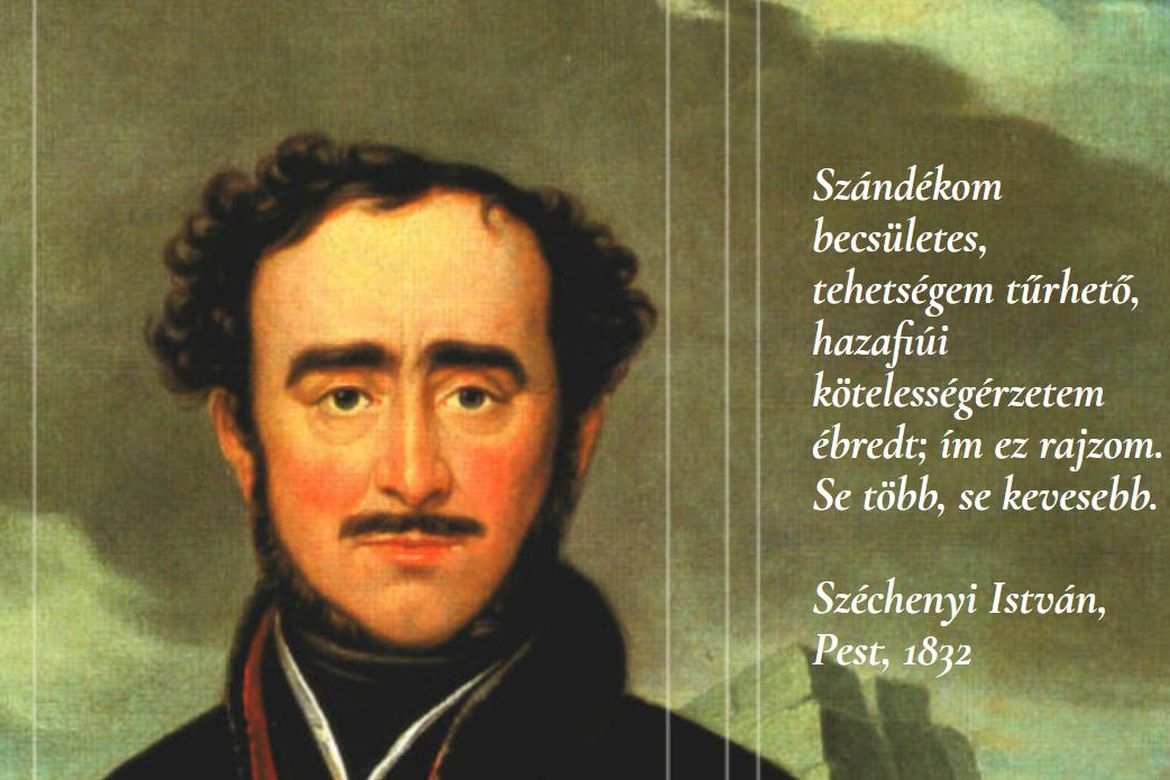
István Széchenyi's correspondence in online database
- Details
- By ELKH/RCH
- Category: News
In addition to an upcoming printed edition, researchers of the Institute of History of the ELKH Research Centre for the Humanities (BTK TTI) are also making the correspondence of István Széchenyi publicly available in an online database. This modern critical edition, which strives for completeness, makes invaluable source material easily accessible to historians and others interested in the topic.
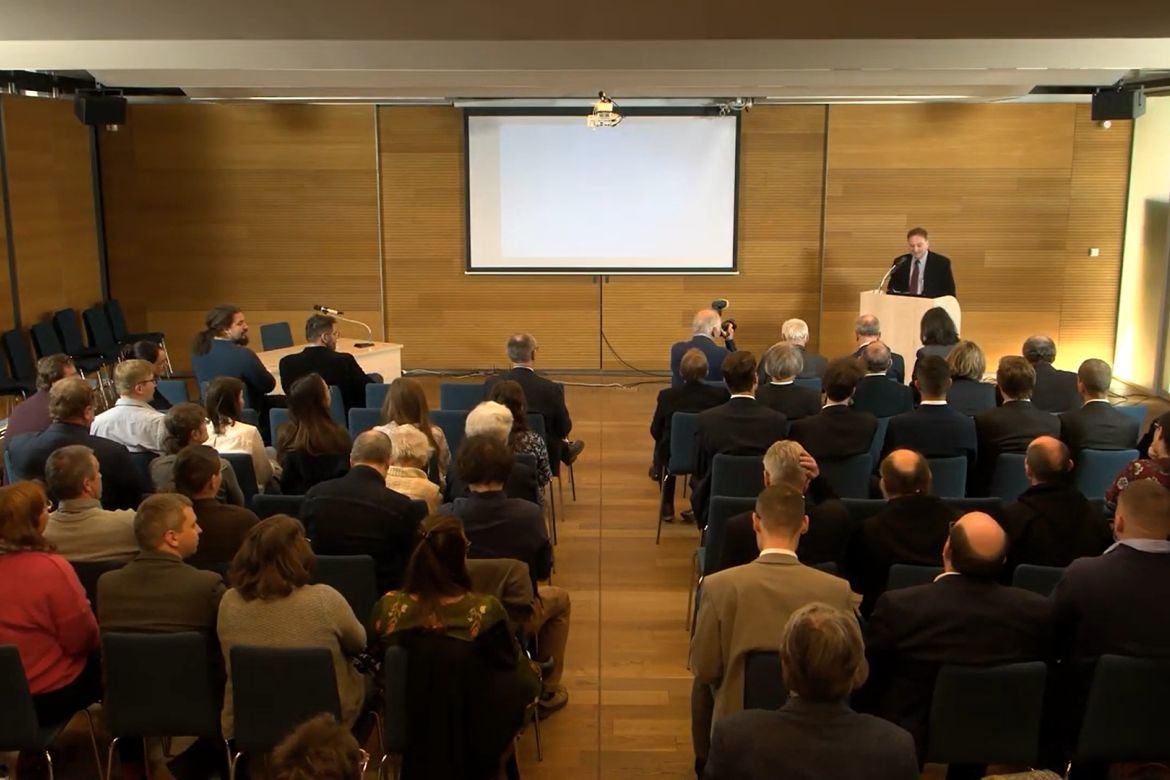
Stabilitas Loci Benedictini – Centuries of Benedictines
- Details
- By ELKH/RCH
- Category: News
The ELKH Research Centre for the Humanities (RCH) organized a scientific conference entitled Stabilitas Loci Benedictini – Centuries of Benedictines in the light of recent research on November 25. At the event held as part of the Hungarian Science Festival the experts presented the main results of two interrelated projects supported by ELKH aimed at exploring the history of the Benedictine Order over the centuries: the Tihany King’s Crypt and the Kings, and the Saints and Monasteries.
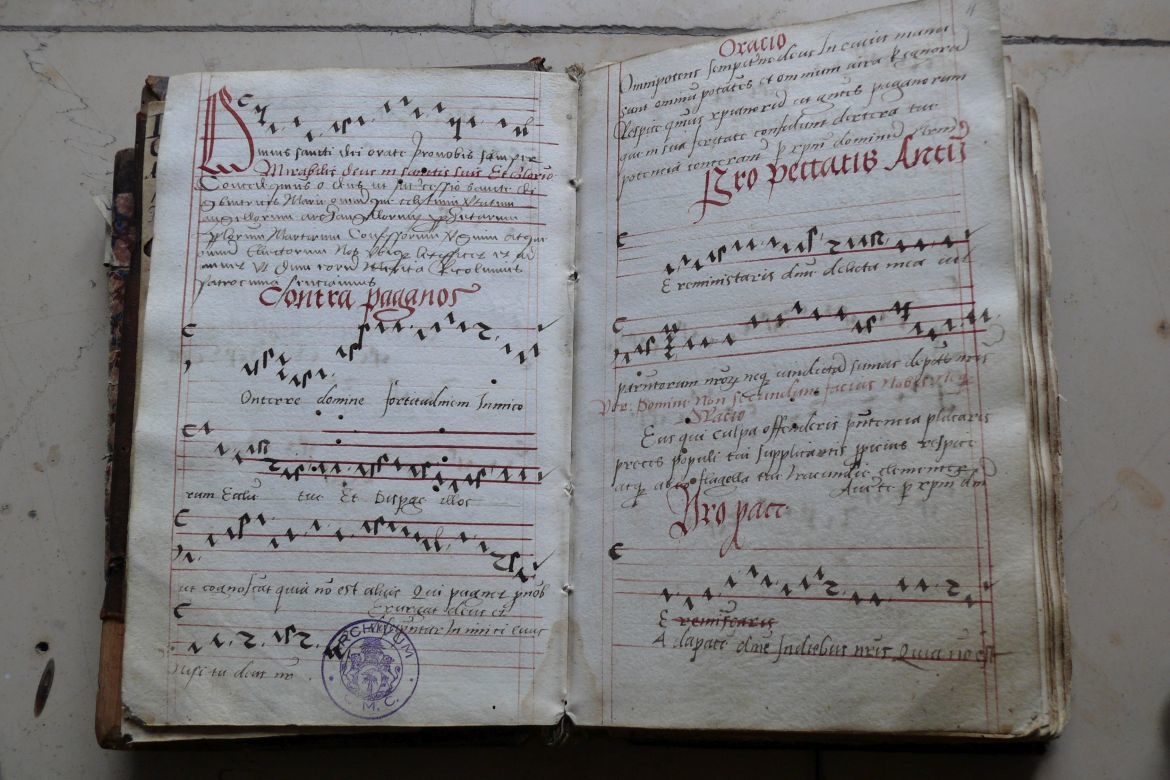
RCH researchers published a volume on the Pauline Cantuale of Częstochowa in cooperation with the Hungarian Order of St. Paul the First Hermit
- Details
- By ELKH/RCH
- Category: News
Cantuale Paulinorum s. XVI – Studies on the Music and Linguistic History of the Pauline Cantuale of Częstochowa was published jointly by the Digital Music Fragmentology Momentum Research Group working at the Department of Early Music History of the ELKH Research Centre for the Humanities, Institute for Musicology (RCH ZTI) and the Hungarian Order of St. Paul the First Hermit.
For previous articles, check our Archived News.





